Fuel Pump Failure – What It Looks Like and How to Fix It
If your car starts to sputter, loses power, or just won’t start, the fuel pump could be the culprit. A failing pump steals the fuel your engine needs, leaving you stranded or frustrated. Below you’ll find plain‑spoken advice on the most common symptoms, easy DIY tests, and when to call in the pros.
Common Symptoms of a Bad Fuel Pump
First off, notice how the car behaves when you turn the key. A whirring sound that fades quickly, a weak or slow cranking, or a complete silence can all point to a pump issue. Other red flags include:
- Engine stalls at idle or when you step on the gas.
- Loss of power during acceleration, especially on hills.
- A high‑pitched whining noise from the rear of the vehicle.
- Fuel smell after the engine stops – the pump may be leaking.
- Check‑engine light flashing with codes related to fuel delivery.
If you notice any of these, start thinking about a fuel pump test.
DIY Steps to Test a Fuel Pump
You don’t need a garage full of tools to get a basic idea if the pump is working. Grab a multimeter, a basic fuel pressure gauge (or a cheap kit from a local auto shop), and follow these steps:
- Check the fuse and relay for the pump – a blown fuse is an easy fix.
- Turn the key to the “ON” position without starting the engine. Listen for a short whirring sound from the fuel tank. No sound? The pump may be dead.
- Attach the pressure gauge to the fuel rail (refer to your car’s service manual). Normal pressure varies by model, but most petrol engines show around 40‑60 psi. Low pressure indicates pump wear or a clogged filter.
- Use the multimeter to test the pump’s power supply at the connector. You should see 12 volts when the key is on. No voltage? The wiring or relay could be at fault.
If any of these checks fail, it’s time to replace the pump or have a specialist look at it.
While a DIY test can point out the problem, actually swapping a fuel pump is messy and involves working with fuel under pressure. If you’re not comfortable with that, let a professional handle it.
When to Get Professional Help
Call in the experts if you see any of these situations:
- The engine cranks but never fires, and the pressure gauge reads nothing.
- You hear a grinding noise instead of a whirr – that suggests internal pump damage.
- The fuel filter is clogged, and cleaning it doesn’t restore pressure.
- You lack the tools or space to work safely around the fuel tank.
A qualified garage will safely relieve fuel pressure, remove the old pump, and install a new one. They’ll also test the system afterward to make sure everything runs smooth.
At Northwich Tyres Centre we do more than tyres. Our experienced technicians can diagnose fuel pump issues, perform pressure tests, and fit a new pump if needed. We keep a stock of common pumps for quick turnaround, so you’re not waiting days for a part.
Keeping Your Fuel System Healthy
Prevention beats repair every time. Here are simple habits to extend pump life:
- Buy good‑quality fuel and avoid stations with known contamination problems.
- Replace the fuel filter according to your car’s service schedule – usually every 30,000 miles.
- Don’t run the tank empty. A dry pump can overheat and wear out faster.
- Listen for changes in engine sound after refuelling; odd noises can hint at early pump wear.
Follow these tips, and you’ll spot trouble early before a full‑blown pump failure leaves you on the side of the road.
Got a sputtering engine or a silent pump? Bring your car to Northwich Tyres Centre for a quick fuel system check. We’ll get you back on the road fast, with the right pump and the right tyres.
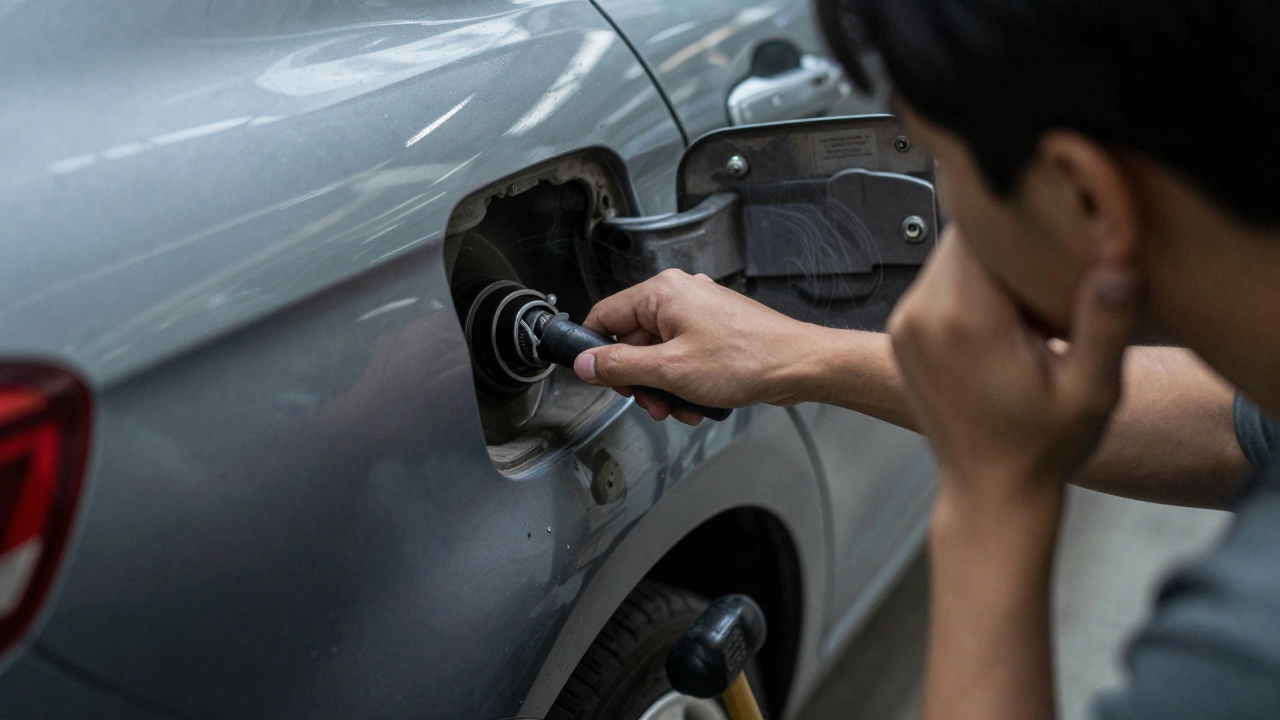 5 January 2026
5 January 2026
How to Make a Car Start with a Bad Fuel Pump
Learn how to temporarily start a car with a bad fuel pump using simple tricks like the key cycle, relay jump, and push-starting. These methods can get you to a repair shop when you're stranded.
 15 December 2025
15 December 2025
What Happens When Your Fuel Pump Starts Going Out? Signs and What to Do
When your fuel pump starts failing, your car shows clear signs like hesitation, hard starts, and whining noises. Ignoring them can lead to sudden breakdowns and costly damage. Know the warning signs and act before you're stranded.
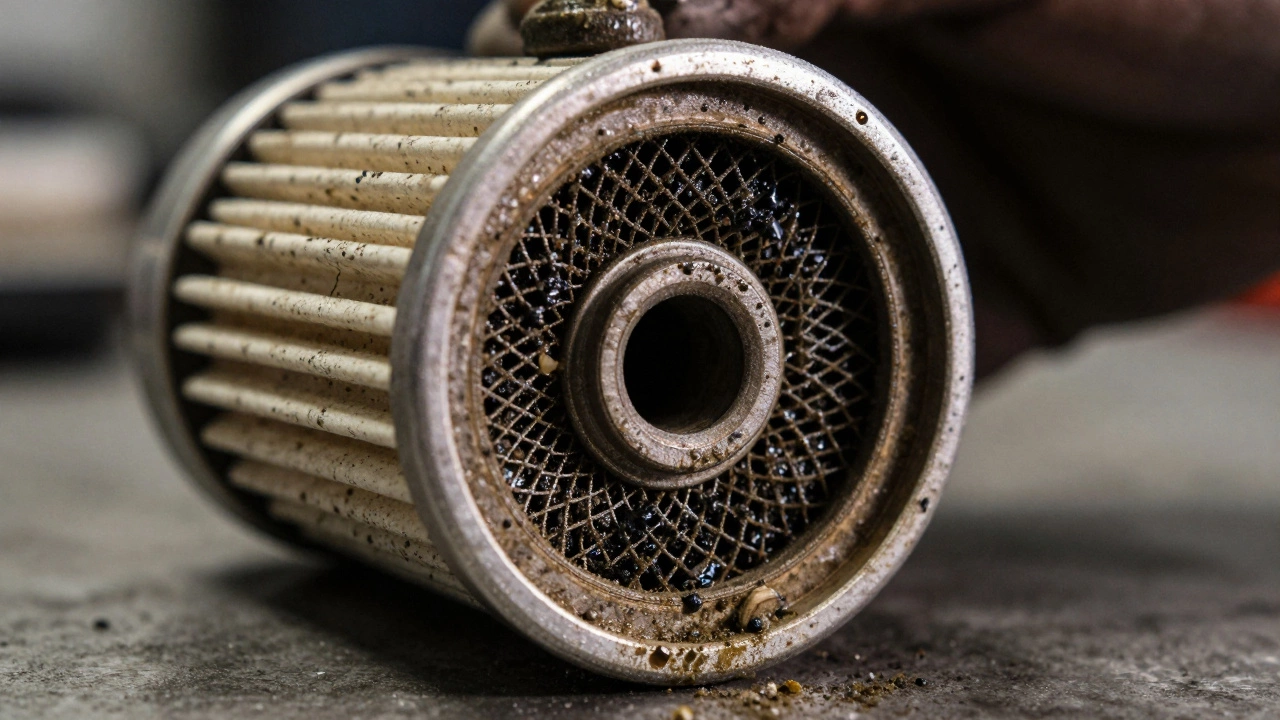 1 December 2025
1 December 2025
What Are the Symptoms of a Clogged Fuel Filter?
A clogged fuel filter can cause sputtering, hard starts, and power loss. Learn the key symptoms and how to spot them before they damage your fuel pump or injectors.
 1 December 2025
1 December 2025
Should I Drive with a Bad Fuel Pump? Risks, Signs, and What to Do Now
Driving with a bad fuel pump is dangerous and can lead to engine damage or being stranded. Learn the warning signs, risks, and what to do immediately to avoid costly repairs.
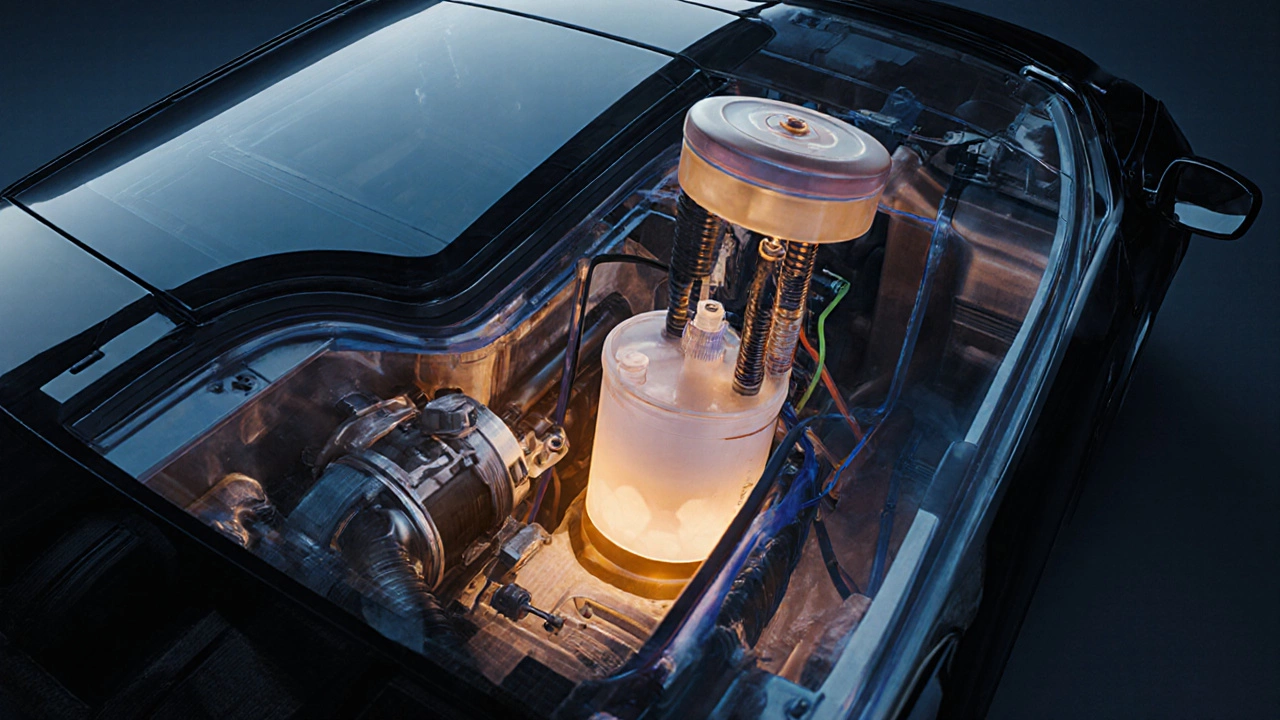 18 October 2025
18 October 2025
Fuel Pump Failure: What Happens to Your Car and How to Spot It
Learn what a faulty fuel pump does to your car, how to spot the symptoms, diagnose the issue, and decide on repair or replacement.
 28 March 2025
28 March 2025
Why Do Fuel Pumps Fail? Causes You Need to Know
Ever wondered why a fuel pump might suddenly quit on you? This article dives into the nitty-gritty details of what causes fuel pumps to go bad. From contaminated fuel and electrical issues to overheating, we explore various culprits and suggest tips to extend your pump's lifespan. Knowing these can save you from sudden car troubles and costly repairs.
 24 November 2024
24 November 2024
Signs Your Car's Fuel Pump Is Failing: What to Watch Out For
This article explores the telltale signs indicating your car's fuel pump may be failing. From unusual noises to starting issues, recognizing these symptoms early can prevent inconvenient breakdowns. Understanding how the fuel pump affects your vehicle's performance will keep you ahead of potential problems. Learn practical tips to maintain your fuel pump's health and ensure your car runs smoothly. This guide helps you navigate fuel system challenges with confidence.
Latest Posts
-

What Helps a Bad Fuel Pump? Fixes, Temporary Solutions, and When to Replace It
-

Signs You Need a New Car Suspension and What to Look For
-
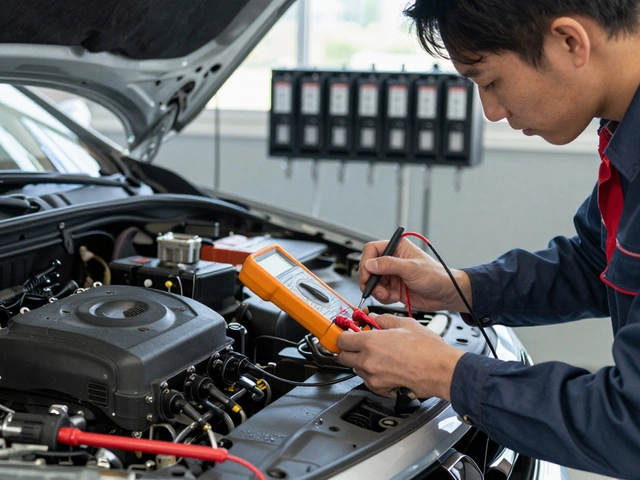
How Does a Mechanic Diagnose a Bad Fuel Pump?
-
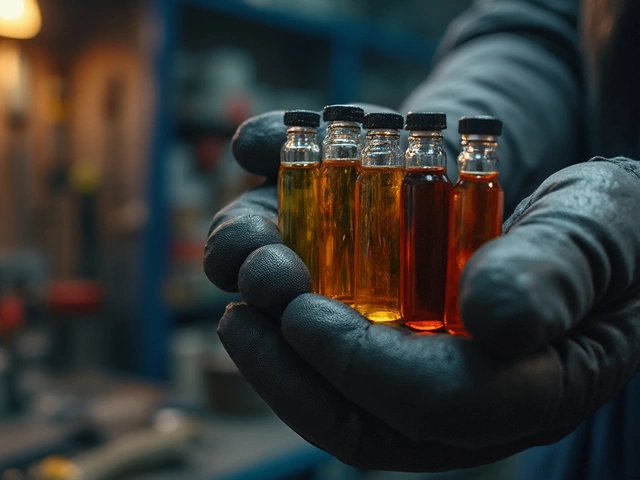
What Color is Bad Engine Oil? Understanding the Signs of Trouble
-
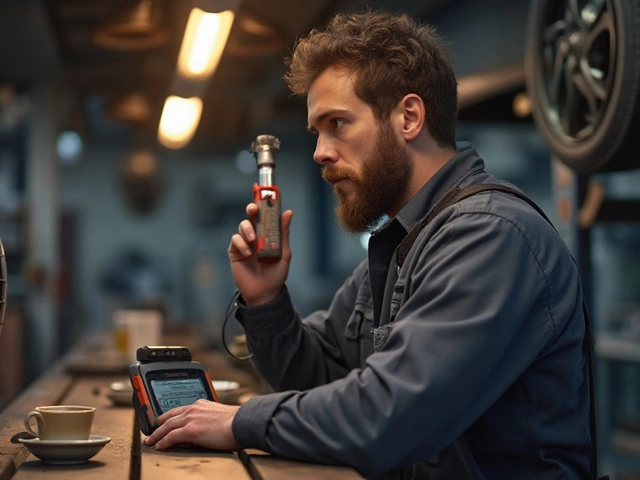
Identifying Noises from Faulty Car Suspension: What to Listen For
Tags
- car maintenance
- engine oil
- spark plugs
- brake pads
- engine performance
- vehicle maintenance
- spark plug replacement
- windshield wipers
- fuel pump
- suspension parts
- clutch replacement
- oil change
- clutch kit
- car suspension
- car performance
- air filters
- car radiator
- exhaust systems
- fuel pump replacement
- engine misfire

0